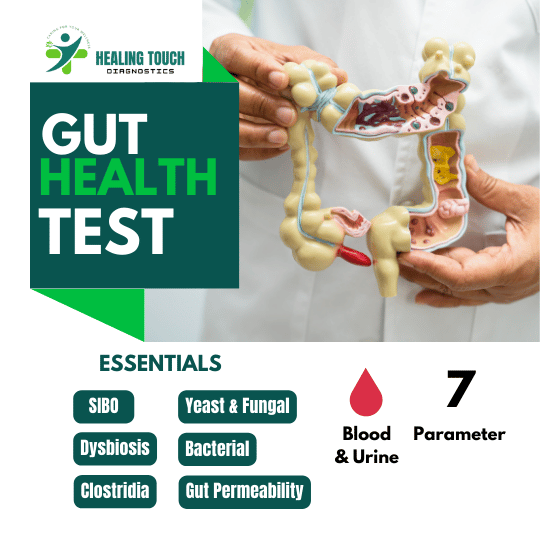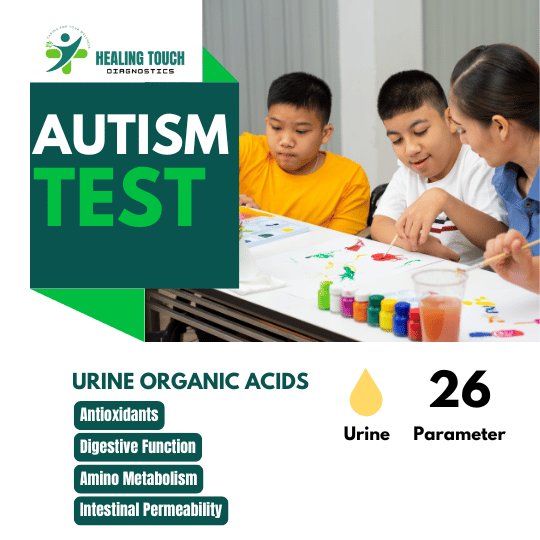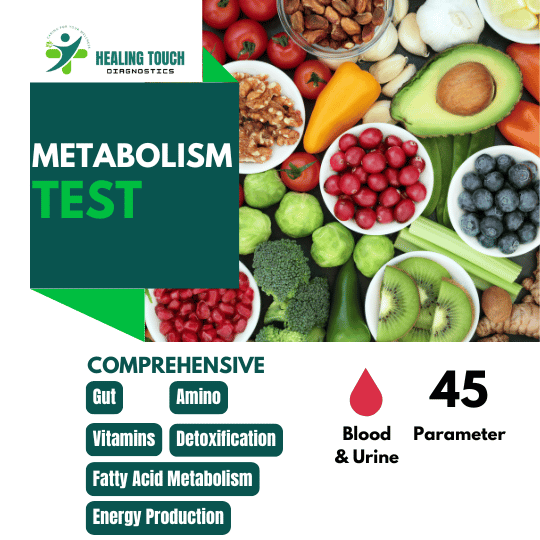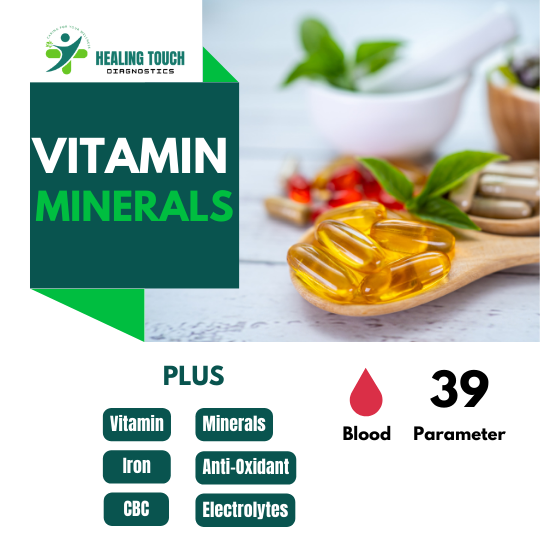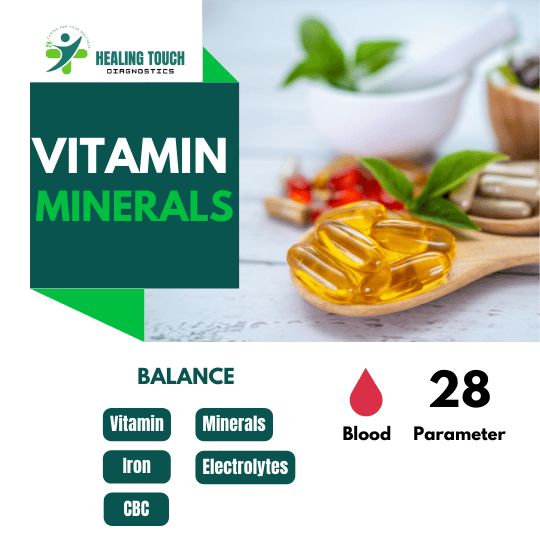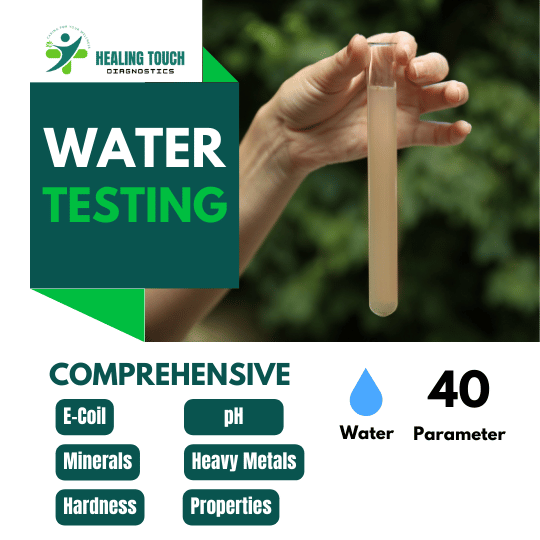Your health is a reflection of your gut health. Conversely, it also is reflective of the nutrients (certain vitamins and minerals) which you may not be consuming, but need for better health and disease prevention. There are many variables which determine the efficiency behind your nutrition. It is important to understand whether your nutrition is adequate for the health that you aim to achieve, or whether there is any deficiency. It is also important to understand whether there is any “metabolic block” which calls for a change in nutrition, lifestyle and approach to building/ maintaining health.

Dysbiosis Marker & Risk
The GI tract is a complex organ system easily influenced by factors such as microflora and microbial balance, digestive enzymes, or GI lining integrity. Over a period of time, toxins and food allergens entering the bloodstream create an imbalance between good and bad bacteria, a phenomenon called Dysbiosis.
Gut Permeability or Leaky Gut Markers
Leaky gut, or intestinal hyperpermeability, is a phenomenon that occurs when the tight junctions of the intestinal wall become loose, allowing harmful substances to enter the bloodstream.
Intestinal Malabsorption
The main role of your small intestine is to absorb nutrients from the food you eat into your bloodstream. Malabsorption syndrome refers to a number of disorders in which the small intestine can’t absorb enough of certain nutrients and fluids.
Clostridia Bacterial Overgrowth
Clostridium Difficile – found in our intestines and released toxins that causes intestinal lining disruption and diarrhoea. Many people contract C. difficile is that by eating contaminated meat or vegetables.
Yeast & Fungal Infection
There are hundreds of different types of yeast and the most common form of yeast infection is known as Candida albicans. The problem occurs when there is too much Candida in relation to your body’s good bacteria, and it overpowers the bacteria, which can lead to leaky gut and a host of other digestive issues, as well as fungal infections, mood swings, and brain fog
Bacterial Overgrowth
Bacterial overgrowth occurs when there is a significant increase in the bacterial population in the small intestine and stomach. One common cause of bacterial overgrowth is the underproduction of gastric acid which limits bacterial growth in the stomach and upper small intestine. The consequences of bacterial overgrowth are numerous, including vitamin deficiencies, and carbohydrate malabsorption
Why is Gut Health Important
Having the right gut health, good gut bacteria, and a healthy gut microbiome is one of the best ways to improve overall health, longevity, and regulation of functioning. The gut microbiota controls a large number of functions within the body that can impact energy, mental health, and chronic disease. Issues in the gut can lead to complex problems later on, which can worsen over time. Having the right bacteria in the gut is essential to a healthy life.
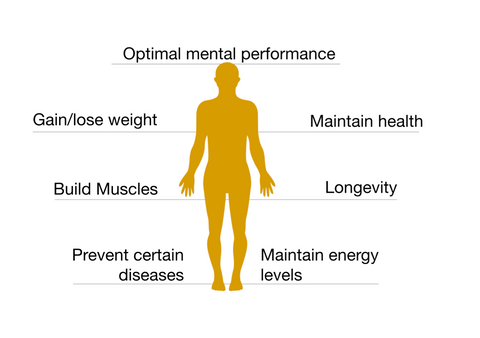
 Comprehensive Test Range
Comprehensive Test Range
 State-of-the-Art Facilities
State-of-the-Art Facilities
 Easy Slot Booking
Easy Slot Booking
 Quick Results
Quick Results






































































